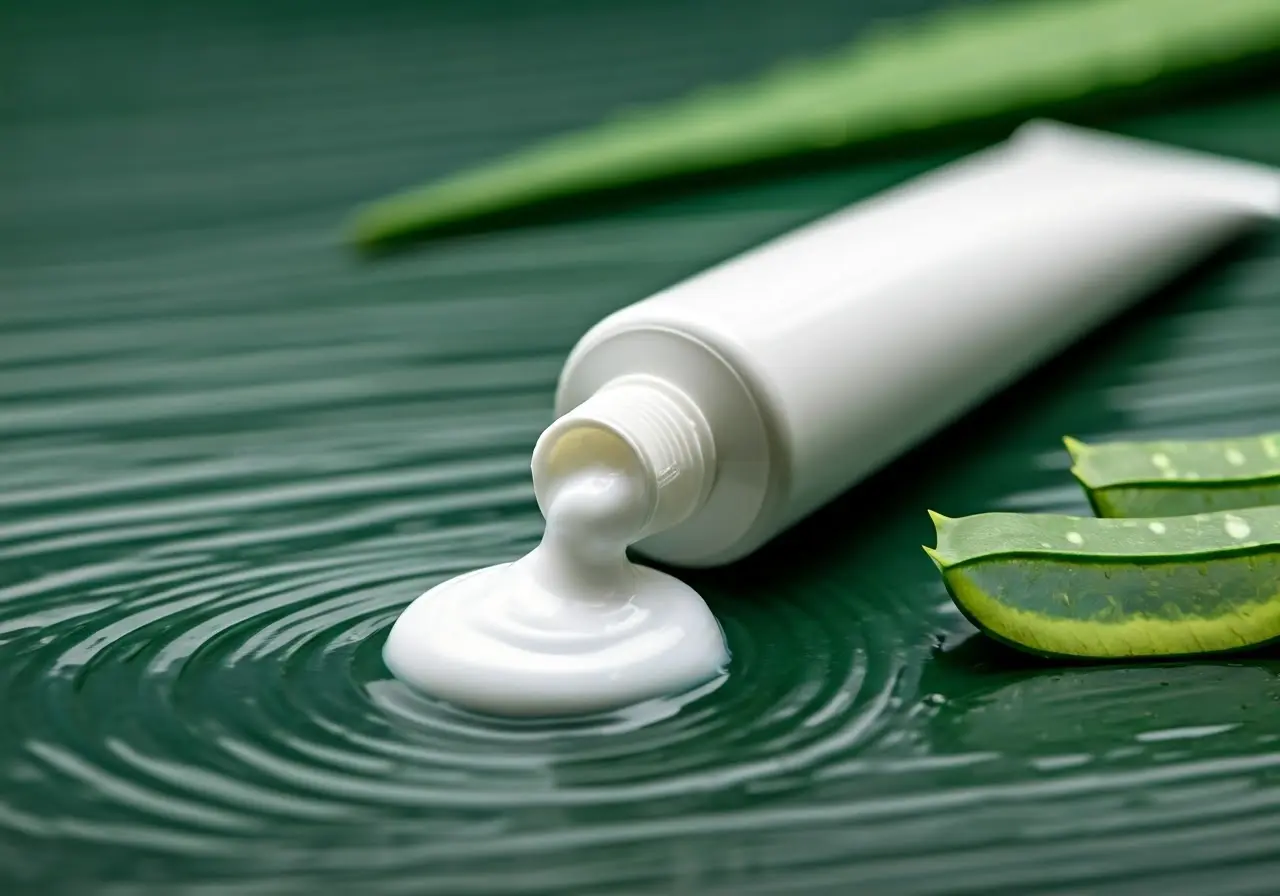Can anti-inflammatory creams help with acne?
Acne is a common skin concern affecting many people worldwide, and finding an effective treatment can be a bit of a challenge. One potential solution that has gained attention is the use of anti-inflammatory creams. But do these creams actually help with acne? In this blog, we’ll explore the potential benefits and drawbacks of using anti-inflammatory creams for acne treatment.
Understanding Anti-Inflammatory Creams
Anti-inflammatory creams are specially formulated to reduce inflammation and redness in the skin. They often contain active ingredients such as Cortisone or non-steroidal anti-inflammatory drugs (NSAIDs) which target the underlying causes of redness and swelling. These creams work by restraining the body’s inflammatory response, which is crucial in managing conditions like acne that have a strong inflammatory component.
Moreover, some anti-inflammatory creams incorporate naturally soothing ingredients like aloe vera or chamomile. These compounds help calm the skin without the potential side effects of more potent drug-based creams. It’s essential to choose a product that matches your skin type and condition, as the wrong cream could exacerbate issues or cause allergic reactions.
The effectiveness of an anti-inflammatory cream can vary widely, depending on its formulation and how it interacts with your skin. It is vital to do a patch test before fully incorporating a new product into your regimen, ensuring that it doesn’t irritate your skin.
How Acne Develops
Acne occurs when hair follicles become clogged with oil and dead skin cells. This can lead to inflammation, resulting in pimples, blackheads, and whiteheads. Inflammation is a key component of acne, which is why anti-inflammatory treatments are considered. Recent studies have shown that inflammation is present even before the visible signs of acne appear, highlighting its significant role in the condition.
Intriguingly, acne involves not just physical but also microbial factors. The bacterium Cutibacterium acnes contributes to acne development, by promoting an inflammatory environment through mechanisms at the skin level. By managing this inflammation, anti-inflammatory creams can indirectly affect bacterial growth and acne severity.
Hormonal changes, particularly during puberty, lead to increased oil production, which is another significant factor in acne formation. The overproduction of sebum, coupled with the buildup of dead skin cells, exacerbates the clogging of hair follicles. Targeting inflammation through topical treatments can be a supportive approach alongside other acne-fighting strategies.
Potential Benefits of Anti-Inflammatory Creams for Acne
By reducing the inflammatory response in acne, these creams might decrease redness and swelling, making the acne less visible and uncomfortable. They could provide relief quickly and are generally easy to incorporate into daily skincare routines. Ideal for those with sensitive skin, anti-inflammatory creams may lessen the need for harsher treatments.
For treatments specifically targeting acne inflammation, options like meclozine-based compounds have demonstrated potential in preliminary studies. These topical therapies have shown to significantly reduce inflammatory markers while boasting a relatively low side effect profile, making them attractive candidates for long-term use.
The ease of combining anti-inflammatory creams with other treatments is another major benefit. For instance, using them alongside retinoids or antibiotics can accelerate healing, as they tackle different parts of the acne-forming process. Their gentle nature makes them suitable for everyday application, allowing consistent acne management without the fear of over-drying the skin.
Limitations and Considerations
While these creams can help manage inflammation, they don’t address all acne causes such as bacteria or excess oil production. Additionally, not all anti-inflammatory creams are suitable for long-term use on the face, and some may cause dryness or irritation. It’s important to monitor your skin’s response and adjust treatment plans as needed.
Prolonged use of stronger anti-inflammatory agents, like corticosteroids, might lead to thinning of the skin or acne exacerbation. Such side effects underscore the importance of employing these creams as part of a balanced and comprehensive skincare routine determined by a healthcare practitioner.
For optimal results, it’s crucial to ensure that any creams used align with your specific skincare goals and limitations. Consulting with a dermatologist can provide personalized insights, steering clear of potential pitfalls that might come from unsupervised use of such topical treatments.
Alternatives and Complementary Treatments
For comprehensive acne treatment, consider combining anti-inflammatory creams with other skincare products like retinoids or benzoyl peroxide. Lifestyle changes and consulting a dermatologist can also enhance treatment effectiveness. It is also important to consider gentle exfoliation and using non-comedogenic moisturizers to maintain the health and balance of your skin.
Some users have reported excellent outcomes from products like the FINALLY Cream, which incorporates a unique blend of natural ingredients aimed at reducing inflammation and rejuvenating the skin without harsh chemicals. Making such strategic product choices can strengthen your overall acne management plan.
Investing in a quality skincare regime that incorporates diverse elements targeting various facets of acne can increase your chances of seeing significant improvements. Reading through AB BIOINNOVATIONS’ Reviews on Health and Skin Care Products can provide perspectives on how others have successfully integrated such treatments into their routines.
Final Thoughts on Anti-inflammatory Creams for Acne
While anti-inflammatory creams can certainly play a role in managing acne due to their ability to reduce inflammation, they may not be a comprehensive solution for everyone. It’s important to consult with a dermatologist to tailor a treatment plan suitable for your specific skin needs. These creams, when combined with other appropriate skincare practices, might help achieve clearer skin.












